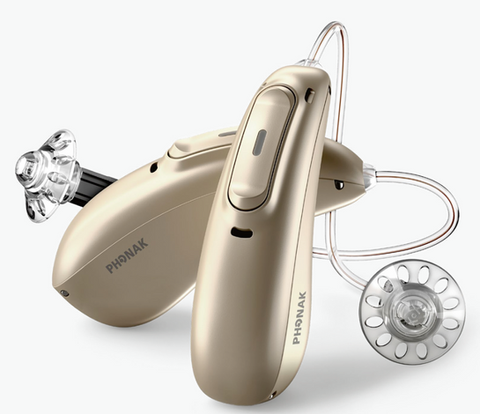
WELCOME TO THE SECTION ON HEARING LOSS
Most people with a hearing loss do not complain of an active problem in hearing. Their chief concern lies with understanding words because of selective hearing loss for some sounds. When the context is predictable, or the patient is attentive towards the conversation, understanding of words is easy. At other times sentences may have to be repeated a few times before the meaning may be understood.
Untreated hearing loss has been linked with Alzheimer’s Disease & Dementia in the elderly. Recent studies have also found links between poor hearing, increased risk of falls, coronary heart disease and diabetes.
HOW DOES ONE CHOOSE A HEARING AID?
ACOUSTICS
The acoustic settings play a major role in sound clarity and comfort. Let your doctor decide on the type of device most suitable for you with regards to the acoustic parameters.
POWER & TECHNOLOGY
Hearing loss can be progressive and may deteriorate over time. In order to be prepared for this eventuality the chosen hearing aid should be powerful enough to cover future hearing loss as anticipated. Not only that, hearing aids today come with advanced computation tech to achieve significant noise cancellation, or connect to one’s Phone & TV to provide better sound clarity. The phone may also work as a remote control to adjust volume & memory settings in the hearing device.
COSMETIC APPEARANCE
The biggest deterrent that some patients have is if their devices will be visible. Modern technology works on microchips smaller than a grain of rice. Hearing aids today have become very discreet & are almost invisible, while still retaining their tech supremacy.
TEST YOUR HEARING NOW
5 Minute Hearing Screener








